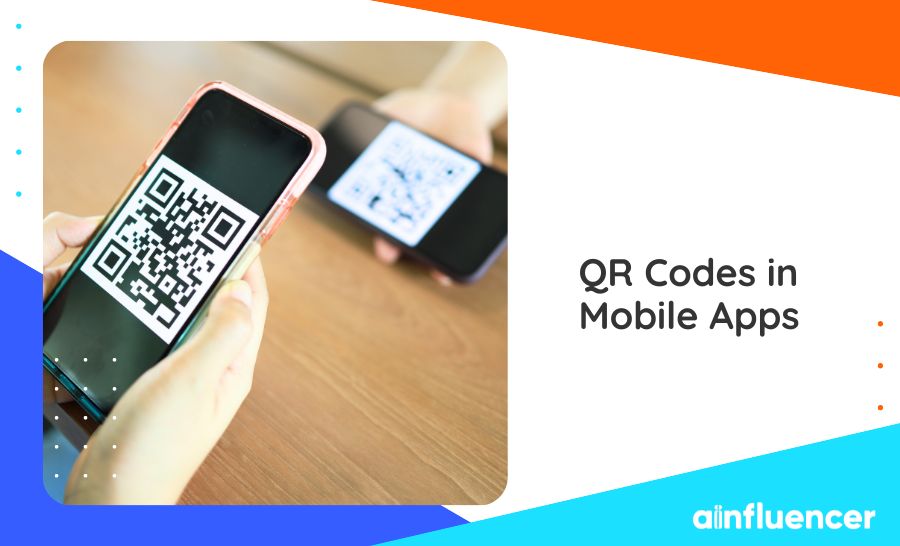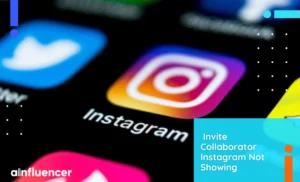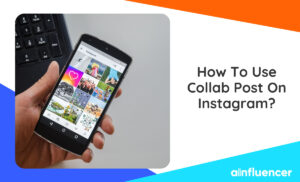QR codes have emerged as a game-changer, particularly in the realm of mobile apps. These versatile black-and-white squares are transforming how mobile apps interact with users, streamline processes, and enhance user experiences.
In our article, we explore how QR codes are changing the world of mobile apps and why you should consider using a QR code generator and integrating these codes into your own applications.
#1 Enhancing User Engagement
QR mobile app is a powerful tool for boosting user engagement and increasing brand awareness. By simply scanning a mobile app QR code, users can quickly access to:
- app features;
- promotional content;
- exclusive offers.
This seamless interaction encourages users to engage more frequently and deeply with the app.
For instance, a retail app might use a QR code to offer a special discount. Users who scan the code can immediately redeem their offer, enhancing their shopping experience and increasing customer loyalty.
Similarly, gaming apps can use QR codes to unlock special in-game content or rewards, keeping players engaged and coming back for more.
#2 Simplifying App Downloads
One of the most significant ways QR codes are impacting mobile apps is by simplifying the download process. Instead of searching for an app in crowded app stores, users can scan a QR code to be taken directly to the download page.
This reduces friction and makes it easier for users to install your app.
To create QR code for mobile app downloads, developers can use a free QR code generator. These generators allow you to input the URL of your app’s download page and produce a QR code that users can scan to download the app.
This is especially useful in marketing materials, on websites, or even in physical locations like stores or events.
#3 Streamlining Payments
QR codes are revolutionizing mobile payments, making transactions faster and more secure. Many mobile payment apps now allow users to pay by scanning a QR code. This eliminates the need for physical cash or credit cards and reduces the time spent at checkout.
For example, apps like PayPal and Venmo use QR codes to facilitate peer-to-peer payments. Users can simply scan a friend’s QR code to transfer money instantly.
This convenience is driving more people to adopt mobile payment solutions, enhancing the overall user experience.
#4 Simplifying Authentication and Application Security
QR codes also play a crucial role in enhancing security within mobile apps. They can be used for two-factor authentication (2FA), adding an extra layer of security to user accounts.
When logging in, users scan a QR code with an authentication app, which then generates a one-time password to complete the login process. This method is more secure than traditional passwords and helps protect user data.
#5 Integrating Augmented Reality
Another exciting application of QR codes in mobile apps is their integration with augmented reality. By scanning a QR code, users can trigger AR experiences directly from their mobile devices. This can be used in various sectors, from retail and gaming to education and tourism.
For instance, a museum app might use QR codes to provide interactive exhibits. Visitors can scan a QR code next to an artifact to view detailed information, watch related videos, or see a 3D model of the item. This immersive experience enhances learning and makes visits more engaging.
#6 Bridging Offline and Online Experiences
QR codes serve as a bridge between the offline and online worlds. Businesses can place these codes in physical locations, such as stores, billboards, and flyers, to direct users to their mobile apps.
This not only increases app downloads but also provides a seamless transition from offline marketing to online engagement.
Restaurants, for example, can place QR codes on tables to allow customers to view menus, place orders, and pay through their app. This not only improves the dining experience but also helps businesses gather valuable customer data and feedback.
Conclusion
Using a free QR code generator, developers can easily create QR codes that enhance their mobile apps and provide a better user experience.
As QR code technology continues to evolve, its integration into mobile apps will undoubtedly expand, opening up new possibilities and transforming how we interact with digital content.
Using QR codes in your mobile app strategy is not just an option, but a necessity to stay ahead in the competitive technology landscape.
FAQs
Businesses can generate QR codes using a QR code generator tool, many of which are available for free online. Developers simply need to input the URL of their app or the desired content (such as promotional messages or payment links) into the generator to create a QR code. These codes can then be integrated into various marketing materials or directly embedded into mobile apps.
Yes, these codes can enhance security in mobile apps, particularly through features like two-factor authentication (2FA). They provide a secure method for users to access sensitive information or complete transactions by scanning unique QR codes generated for authentication purposes.








